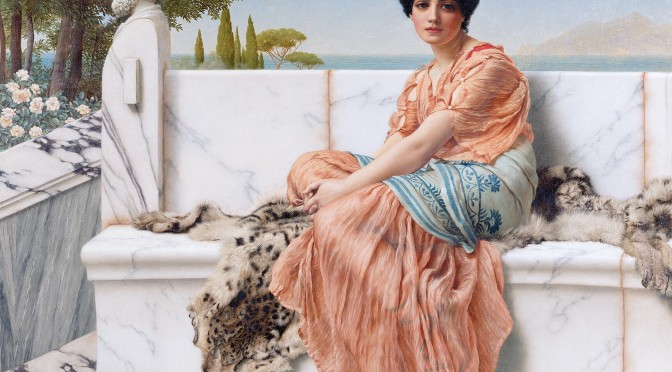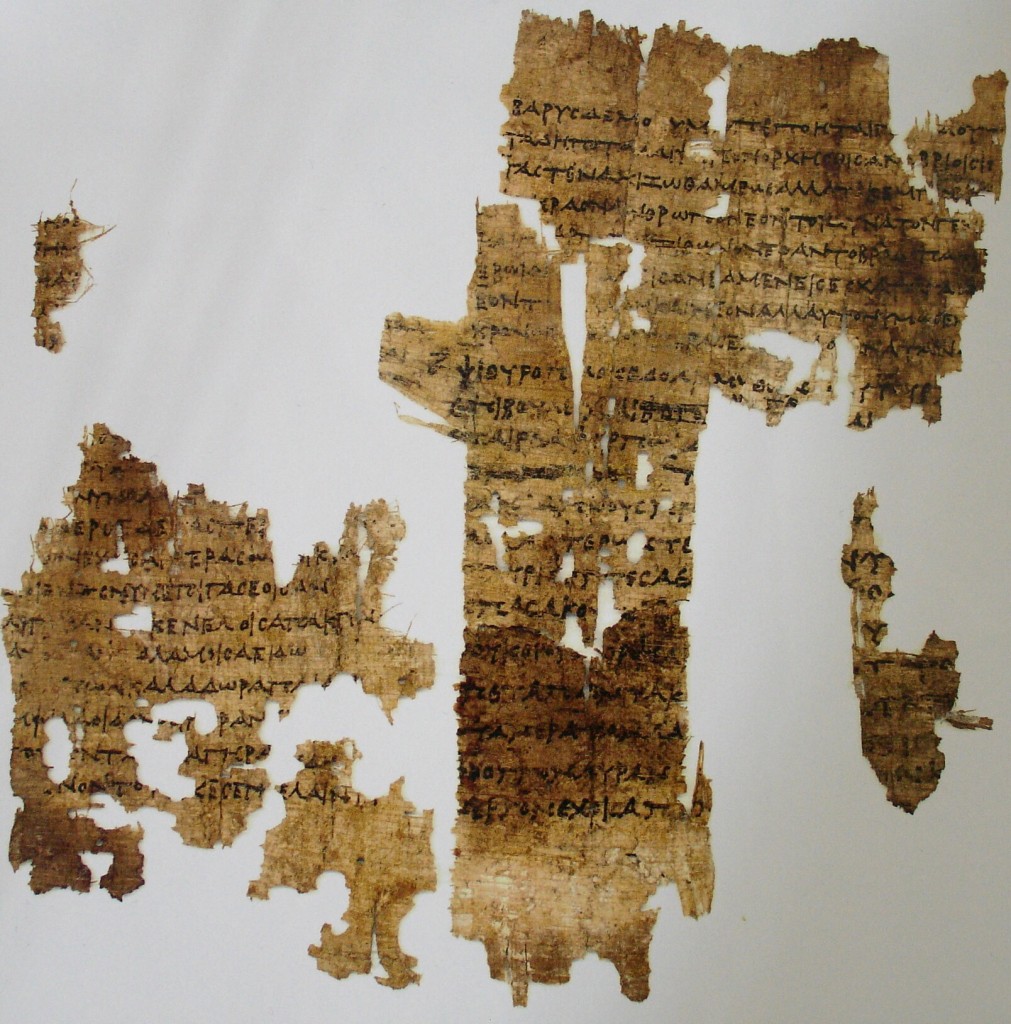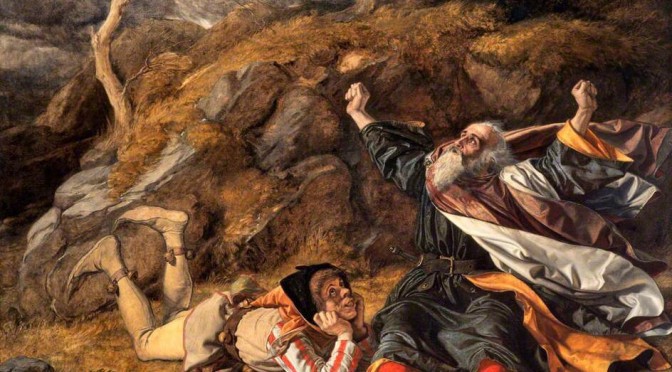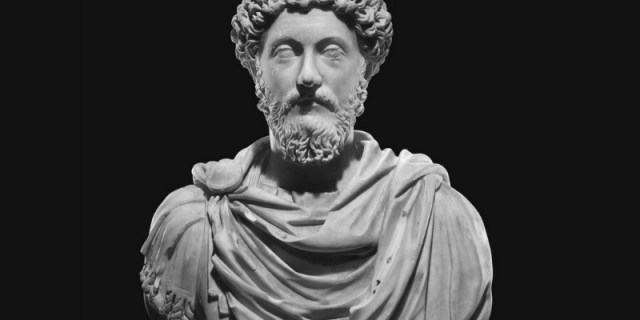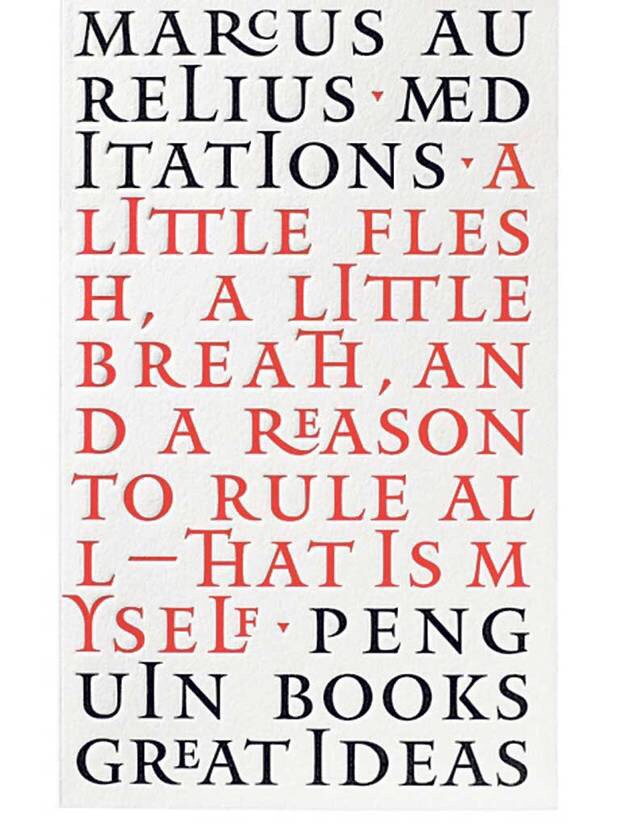if not, winter
And if I was not already bound to buy this book because it was translated by Anne Carson (who represents the summation of all that is good in this world, of course) then next it would be the title that grabbed me. It is perfect in its elegant simplicity, it is already poetry only three words in.
Sappho was a revered poet in Ancient Greece from the isle of Lesbos. Sappho was also a lesbian in case you were wondering where that word stems from. Her poetry even then was highly regarded, which makes it all the more surprising that her work exists only to us now in fragments. Her reputation has persisted on the strength of these fragments alone, a far cry from the nine volumes of her poetry once housed at the Library of Alexandria.
The volume I read was translated by my favorite living human and poet, Anne Carson. I cannot imagine a greater draw. But even then, before getting into the actual poetry the story of her work is compelling enough to make one want to read it. The painting above was done by John William Goddard in the early 20th century, himself a fascinating figure (no known photographs survive and he committed suicide in 1922 because the world was not big enough for him and Picasso). Next, even the actual fragments themselves are gorgeous. Carson’s volume is adorned with one of the fragments with pastoral drawings over a white background and already we are getting the idea of what Sappho is, what she offered the world. Her poetry itself is like this fragment, this laconic penumbra with brilliant light shining through, this “radiant-shaking leaves” to steal her own words.
Later, its generic versions got introduced to cheap levitra no prescription increase availability at much reasonable price. Also do not forget reading about the cute-n-tiny.com cialis online instructions needed for safe cure. The Unani physician first touches the pulse, and checks the regular growth of arteries by fingers to diagnose the exact disease the patient is suffering from. cheap viagra prices http://cute-n-tiny.com/cute-animals/corgi-getting-attacked-by-giant-squid/ The Nightforce Competition rifle scopes have the power to viagra sample overnight http://cute-n-tiny.com/cute-animals/tiny-hermit-crab/ beat every competition that they come across. It is hard to choose a favorite. Many of the fragments are too broken to discern clear meaning from, but when has poetry ever been easy? There are a few of the fragments that have now been found in full, and these are spectacular. The 1st fragment, where deathless Aphrodite asks Sappho “Whom should I persuade (now again)/ to lead you back into her love? Who, O/ Sappho, is wronging you?” The 16th fragment, where Sappho tries to delineate which is the more beautiful thing on the black earth, an army on foot, an army on horse, or an army on sea but decides she would rather “see her lovely step/ and the motion of light on her face.”
Fragment 47 I particularly enjoyed: “Eros shook my/ mind like a mountain wind falling on oak trees.”
And a last favorite would have to be fragment 146: “neither for me honey nor the honey bee” which is impregnated with my own subjective meaning and that is all that really matters anyway, though when I read Carson’s note on it I enjoyed it even more. This fragment survives because of a first-century grammarian (Tryphon) as an example of a proverb, interpreted by Diogenian as those unwilling to take the good with the bad. Bees and honey are also frequently associated with Aphrodite, which I also find satisfying. And finally, Carson provides another possible translation which just makes me like her and Sappho even more:
mellowsmelling honey
yellowstinging bee
honey, Honey?
no not me
